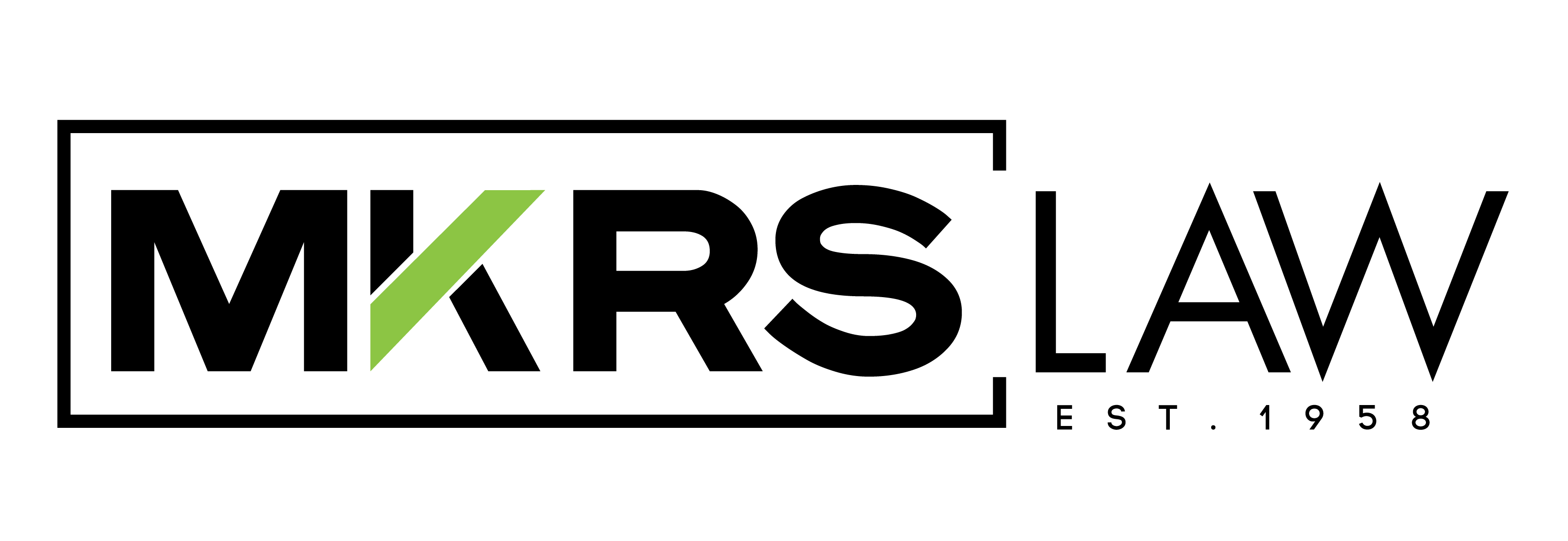GUTIERREZ v. THE PART ROYAL CLUB, Inc., and FCCI INSURANCE CO.
Facts: Claimant appealed the JCC order compelling his attendance at a psychological evaluation on the basis that the issue was not submitted to the JCC for determination. The Claimant argued that his compelled attendance at same evaluation was not presented as an issue prior to the hearing and as a result, not subject to adjudication.
Outcome/Rule: Due process concerns preclude a ruling on matters which have not been placed at issue. All parties are entitled to notice so they may fairly prosecute or defend their case. The JCC cannot award benefits which are beyond the scope of the workers’ compensation hearing.
CREATIVE SPACE SOLUTIONS and CASTLEPOINT INSURANCE COMPANY v. PELINO
Background: The JCC submitted a Final Compensation Order in favor of the Claimant who sought permanent total disability benefits after exhausting her 104 weeks of temporary disability benefits. The Employer/Carrier appealed on the basis that the Claimant was not at maximum medical improvement, nor could she meet the test provided in Hadley. The Employer/Carrier also argued that the decision in Westphal v. City of St. Petersburg, 122 So.3d 440 (Fla. 1st DCA 2013) is stayed pending Supreme Court review and therefore the Hadley decision is controlling.
Facts: Claimant suffered a compensable injury to her hip in the course and scope of her employment on May 23, 2012. She was evaluated by Dr. Fuchs in September of 2012 and underwent MRI examinations of her spine and pelvis. Following the MRI the Claimant was declared MMI with 0% impairment rating. After complaining of right side groin pain, the Claimant underwent a complete MRI Arthrogram in January of 2013. The test study revealed a tear of the acetabular labrum. On April 22, 2013 Dr. Bynum performed arthroscopic surgery on the Claimants right hip to repair the labrum tear. The Claimants pain did not abate following the surgery and a second arthroscopic procedure was performed by Dr. Bynum on April 22, 2014. After another failed surgery, the Claimant was referred to Dr. Kapp for right hip replacement. On May 23, 2014 the Claimant exhausted the 104 week statutorily imposed limit upon receipt of temporary benefits. Since that date, the Employer/Carrier elected to pay TTD benefits rather than initiation of PTD.
Supportive Case Law: In Matrix Employee Leasing, Inc., v. Hadley, 78 So.3d 626 (Fla. 1st DCA 2001), the First DCA the court held that the “test for PTD entitlement prior to the date of MMI is whether the claimant is totally disabled upon expiration of the temporary benefit eligibility, and will remain totally disabled after the date of MMI.”
In Westphal v. City of St. Petersburg, 123 So.3d 440 (Fla. 1st DCA 2013), the En Banc panel held that a worker who is totally disabled as a result of a workplace accident and remains totally disabled by the end of her eligibility for temporary total disability benefits is deemed to be at maximum medical improvement by operation of law and therefor eligible to assert a claim for permanent and total disability benefits.”
Holding: The DCA affirmed the JCC’s decision to award PTD benefits based on Westphal, but in doing so did not reach any issue of reclassification of benefits.
Take-away: Until the question certified by the DCA in Westphal is determined by the Supreme Court, it appears that the Westphal mandate is good law. Accordingly, where a claimant remains totally disabled after exhausting 104 weeks of temporary benefits, he/she is entitled to assert a claim for permanent and total disability benefits.



Leave a Comment